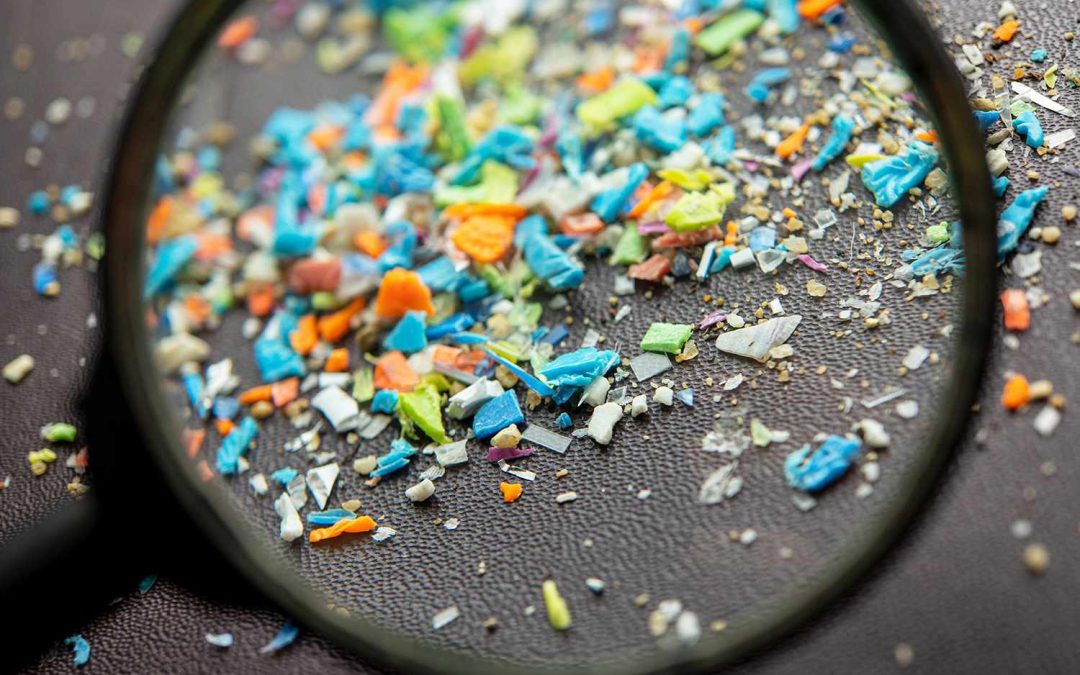Hey there, Refuge Island readers! Today, we’re diving into a rather shocking and concerning discovery about microplastics and their potential impact on our health. Brace yourselves, because this one is a bit of a jaw-dropper.
Microplastics in Human Testicles: What We Know
Recent research has uncovered microplastics in human testicles, which has raised some serious red flags among scientists. This study examined 23 human testes and 47 testes from pet dogs, finding microplastic pollution in every single sample. Yikes!
While the human testicles were preserved and their sperm counts couldn’t be measured, the dogs’ testicles told a worrying story. The more contaminated the samples were with PVC (a common type of plastic), the lower the sperm count. This suggests a possible link between microplastics and declining sperm counts, but more research is needed to confirm this.
A Troubling Trend
For decades, we’ve known that sperm counts in men have been declining. Many studies have pointed fingers at chemical pollution, such as pesticides. Now, microplastics are also in the spotlight, having been found in human blood, placentas, and breast milk. The full impact on our health is still unknown, but lab tests have shown that microplastics can damage human cells.
Microplastics are everywhere – from Mount Everest to the deepest oceans. We’re consuming these tiny particles through our food, water, and even the air we breathe. They could lodge in our tissues and cause inflammation, much like air pollution particles do. In March, doctors warned that microscopic plastics in our blood vessels might raise the risk of strokes, heart attacks, and early death.
Surprising Findings
Prof Xiaozhong Yu from the University of New Mexico led the study and was initially skeptical that microplastics could penetrate the reproductive system. The results surprised him – especially the findings from human samples.
The testes analyzed in this study came from men aged 16 to 88 who passed away in 2016. Prof Yu pointed out that younger generations might be at even greater risk, given the ever-increasing amount of plastic in our environment.
The study, published in the journal Toxicological Sciences, used a method that dissolved tissue samples to isolate the plastic. The human testicles had nearly three times the plastic concentration compared to the dogs’ testicles. Polyethylene (used in plastic bags and bottles) was the most common microplastic found, followed by PVC, which can release chemicals that disrupt sperm production and hormones.
The Bigger Picture
A smaller 2023 study in China also found microplastics in human testicles and semen samples. Animal studies have shown that microplastics can reduce sperm count and cause abnormalities and hormone disruptions.
This discovery is a wake-up call for us all. It highlights the urgent need to tackle plastic pollution and its far-reaching impacts on our health and the environment. Let’s hope this research spurs more action and solutions to this growing problem.
Stay informed and take care of yourselves, Refuge Island readers. Until next time!

